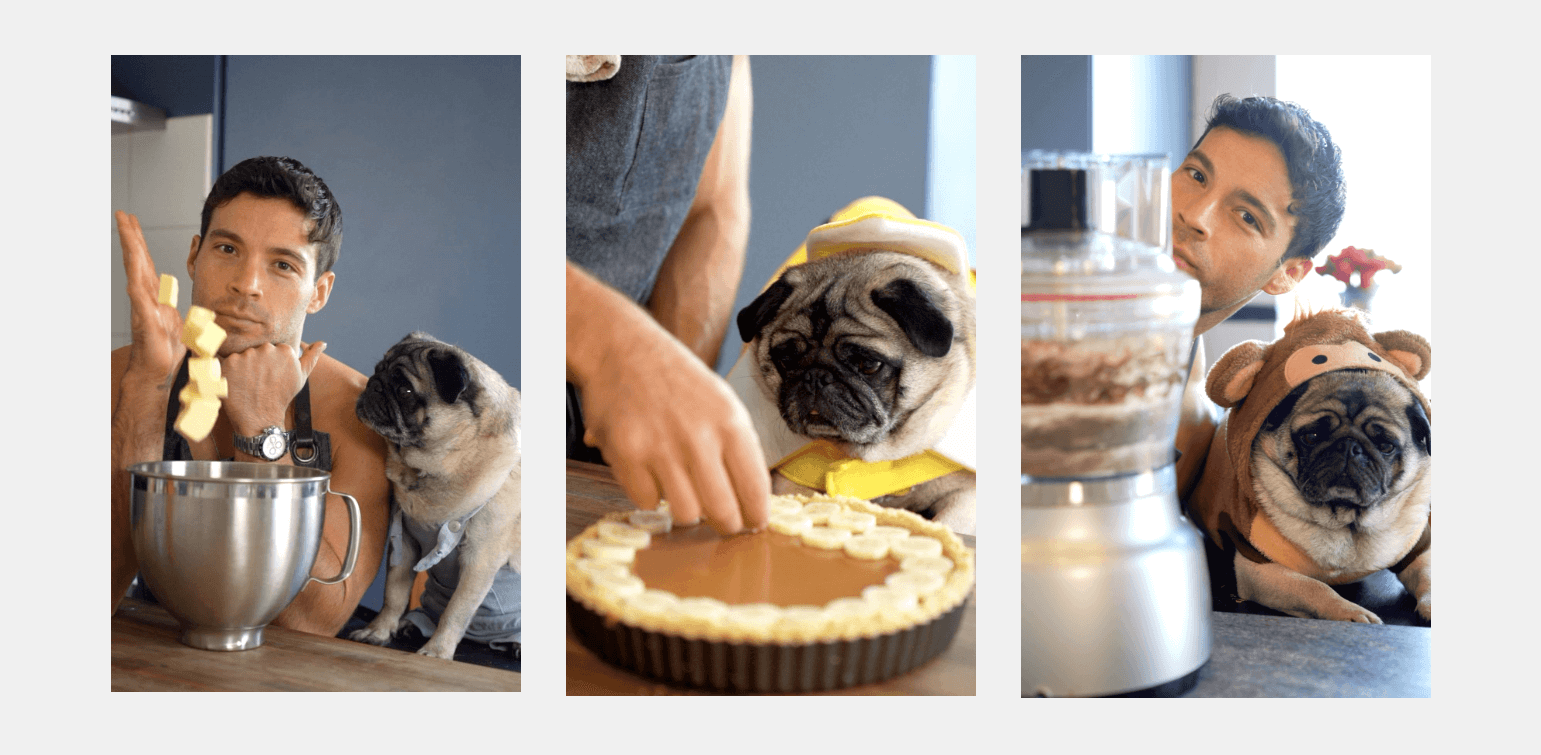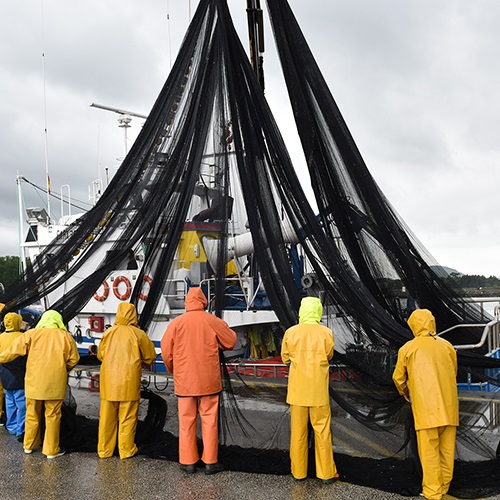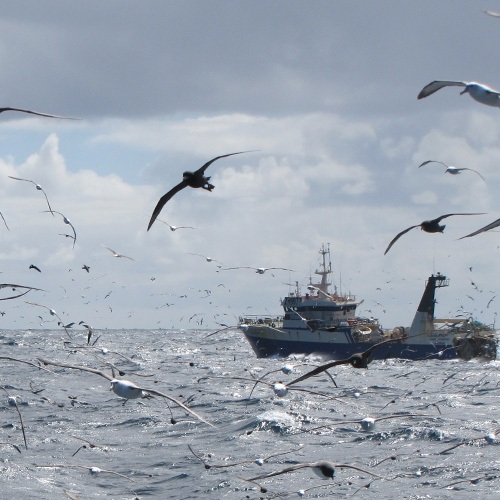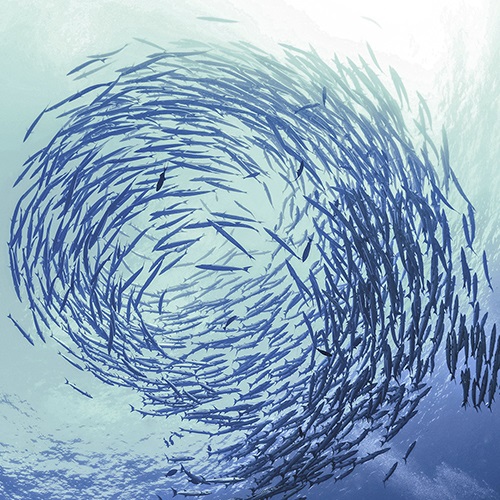Daniel Rankin is a Samoa-born, Auckland based fitness and lifestyle influencer and cook, who's built a substantial global following through his charismatic personality and his mission of helping men feel more confident in the kitchen. He blends cultural roots with a modern, engaging approach to food and lifestyle.
What sets him apart is his commitment to reshaping narratives around men in the kitchen, believing that cooking isn't just a life skill, but a form of self respect, care and mindfulness. Like the MSC, Daniel seeks to inspire better choices for a better future.

Check out Daniel's (AKA @mancancook) spicy tuna melt toasties recipe. Enjoyed that recipe? Check out his website https://www.mancancook.co.nz/ for more incredible, nutritious and easy recipes
Q&A with Daniel Rankin
Q: You grew up in Samoa – what role did the ocean play in your childhood and your community?
A: The ocean was kinda everything to be honest. It was our playground, our fridge, and where all the best stories started. We’d swim, fish, hang out with cousins, and it just felt like part of daily life, not something you planned around, just something you did. You grow up with this deep respect for it without even realising.
Q: What are some of your favourite memories of fishing or eating seafood growing up?
A: Probably fishing with my dad and uncles early in the morning on the weekend, just handlines, no fuss. We’d bring the fish back and cook it straight over a fire. Usually with coconut cream and some taro or breadfruit. Honestly, the food was unreal, but it’s the vibe I remember more. Everyone laughing, eating with their hands, no phones just proper connection.
Q: As a chef and fitness influencer, how important is seafood in a healthy, balanced diet?
A: Massive. It’s lean, full of good fats, and heaps easier to digest than other proteins. I feel lighter but still fuelled after a seafood meal, which is ideal when you’re training hard.
Q: What are your go-to seafood dishes when you want something delicious and nourishing?
A: I’ve got a soft spot for a good poke bowl. Raw tuna, rice, avo, bit of edamame, quick, clean, and hits the spot. But I also love pan-fried salmon with lemon, herbs and crispy skin. Or my staple growing up was canned tuna, white rice and mayo.
Q: In your view, why is it important to know where our seafood comes from?
A: Because it actually matters. If you’re eating something that’s been overfished or caught in a dodgy way, you’re part of the problem even if you don’t mean to be. Knowing where it comes from helps you make better calls and not just eat what’s cheapest or closest.
Q: How do you choose the seafood you buy – are sustainability and sourcing something you think about when shopping or cooking?
A: Yeah I try to. I look for that MSC blue tick where I can just makes it easy to know it’s been done right. I’m not perfect, but I figure if I care about what I put in my body, I should care where it comes from too.
Q: What would you say to someone who wants to eat more seafood but isn’t sure where to start?
A: Don’t overthink it. Start with stuff you already like prawns, salmon, even canned tuna. Add it to meals you already cook. And honestly, Google’s your mate. Also that little blue tick makes it super easy to know what’s good to buy. You don’t need to be a chef or marine biologist. Even the MSC website has great recipes.
Q: How do you think we can better connect young people to the ocean and the importance of protecting it?
A: Get them in the water. Let them fish, surf, swim, cook seafood, whatever gets them involved. If they have good memories in or around the ocean, they’ll want to protect it without being told to. It’s about giving them experience, not just info.
Q: What does sustainability mean to you personally – as someone with a Pacific Island heritage?
A: For me, it’s about not taking more than you need. Growing up, that was just how it was, you share, you respect the land and sea, and you look after what you’re lucky to have. Sustainability’s not a trend where I’m from, it’s just how we’re raised.
Q: Finally, what’s one small change everyone can make to help protect our oceans for future generations?
A: Start small. Next time you’re at the supermarket, pick the sustainable option if you can. If enough people do that, it actually makes a difference. And if you’ve got a platform, even if it’s just your mates, talk about it. That stuff spreads.
Check out his Instagram for more inspiration
.png?sfvrsn=fb9ac6c1_1)

.tmb-labelhome.jpg?Culture=en-AU&sfvrsn=42913287_1)


